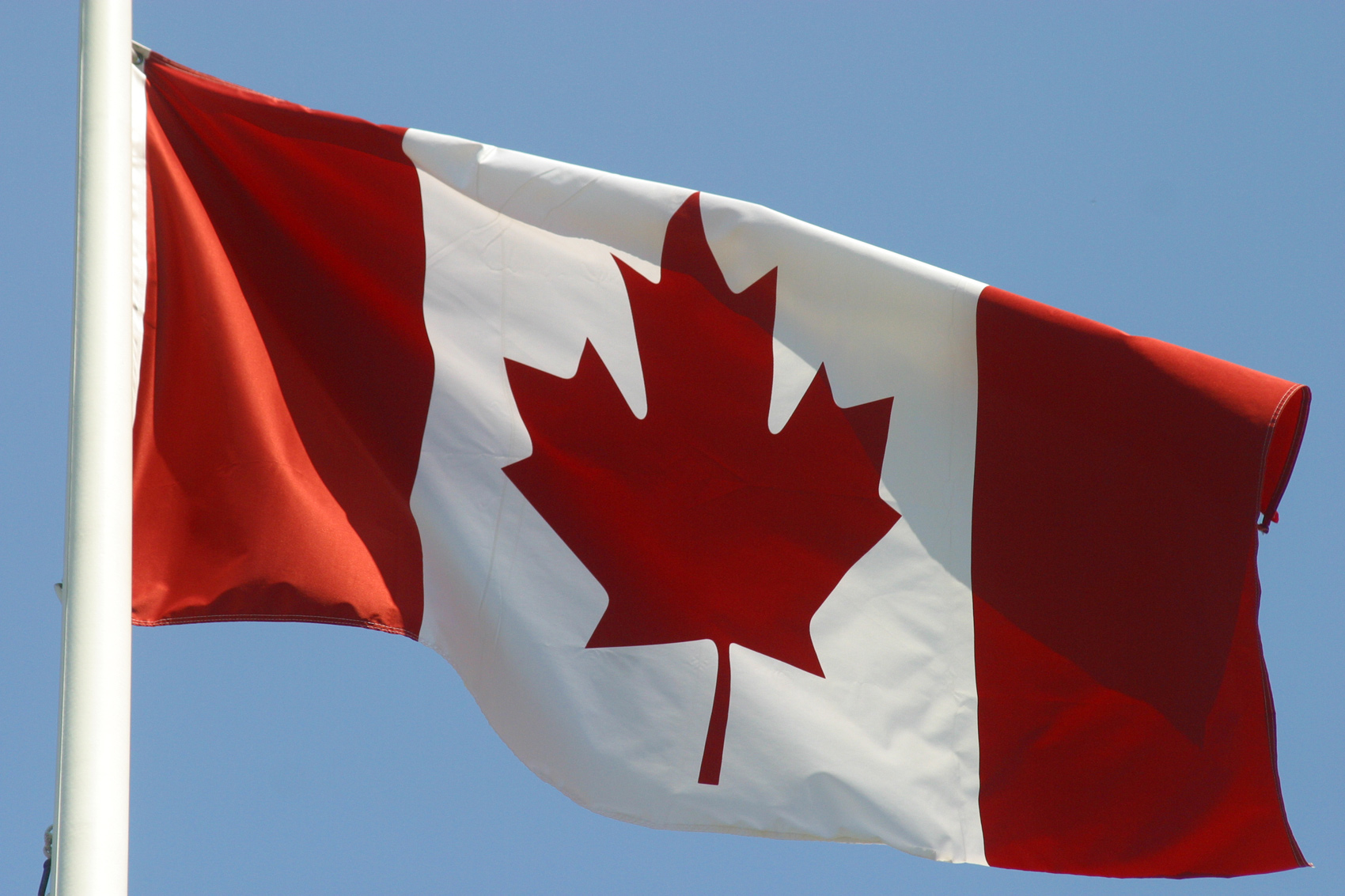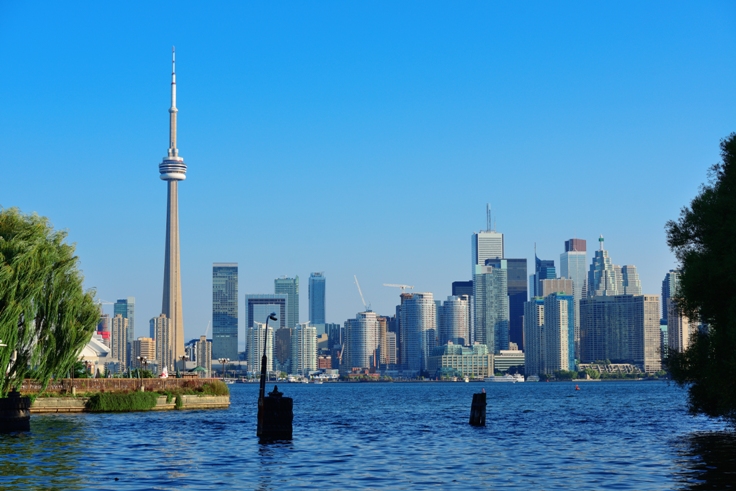From Jan 1st, 2024, you must be richer to study in Canada

Image courtesy: Image by studiogstock on Freepik
In order to be eligible for a Canadian study permit, international students must have twice as much money as Canadian dollars (Can$) 20,635 in their bank accounts as of January 1. This amount is on top of the tuition and travel expenses for their first year. The immigration minister of Canada, Marc Miller, made a number of significant statements late on last Thursday, this being one of them. Since the early 2000s, the cost of living requirement —also known as the amount of money required in a bank account to demonstrate financial stability — has stayed constant at Can$ 10,000.
The prices have now skyrocketed, particularly housing expenditures; therefore an upward revision to Can$ 20,635 is required. This revision will take effect for new study permit applications received on or after January 1, 2024. Furthermore, every year, when Statistics Canada updates the Low Income Cut Off (LICO), or the minimal income deemed essential for living in Canada, the cost of living criterion will also be modified. Miller also stated that Canada is ready to restrict visas in the event that educational institutions are unable to adequately support their foreign students, in advance of the September 2024 term. The waiver of the 20-hour limit for off-campus work (during class hours) that was originally scheduled to expire at the end of December has been extended until April 30, 2024, which is a bright spot for the international student community. This extension is available to foreign students who are already in Canada as of December 7, 2023, as well as those who have previously applied for a study permit.

Image by TravelScape on Freepik
Canada is a popular destination for international students; in 2022, 5.5 lakh new students from 184 countries were admitted. Official statistics show that, with 2.2 lakh new students, India was by far the largest source country, followed by China with over 52,000 new students. Miller claims that the increase in the "cost of living financial requirement" is necessary to guarantee that students would have enough cash on hand to sustain themselves once they get to Canada. Several food banks in Canada have recently started to refuse entry to international students, including Indian students who were arriving in groups. The reason given is that the food supplies are intended for the homeless and impoverished, and it is imperative that students have enough money to support themselves. There have also been news reports about students - mostly Indians, who suffered greatly after receiving only two days of housing from an educational institution in Ontario.

Photo by Andre Furtado: https://www.pexels.com/photo
The government's immigration division, Immigration, Refugees and Citizenship Canada (IRCC), released a statement in which it said: "Since the early 2000s, when it was fixed at $10,000 for a single applicant, the cost-of-living criteria for study visa applicants has remained unchanged. Because of this, the financial requirements haven't kept up with the rising cost of living over time, which means that when students arrive in Canada, they find their money are insufficient. In 2024, a single applicant will have to demonstrate that they have $20,635, which is equivalent to 75% of LICO, plus the cost of their first year's tuition and transportation. New applications for research permits submitted on or after January 1, 2024, shall be subject to this modification." Additionally, the immigration office clarifies that Quebec sets its own living standards for foreign students attending its universities and has raised these standards on a regular basis.